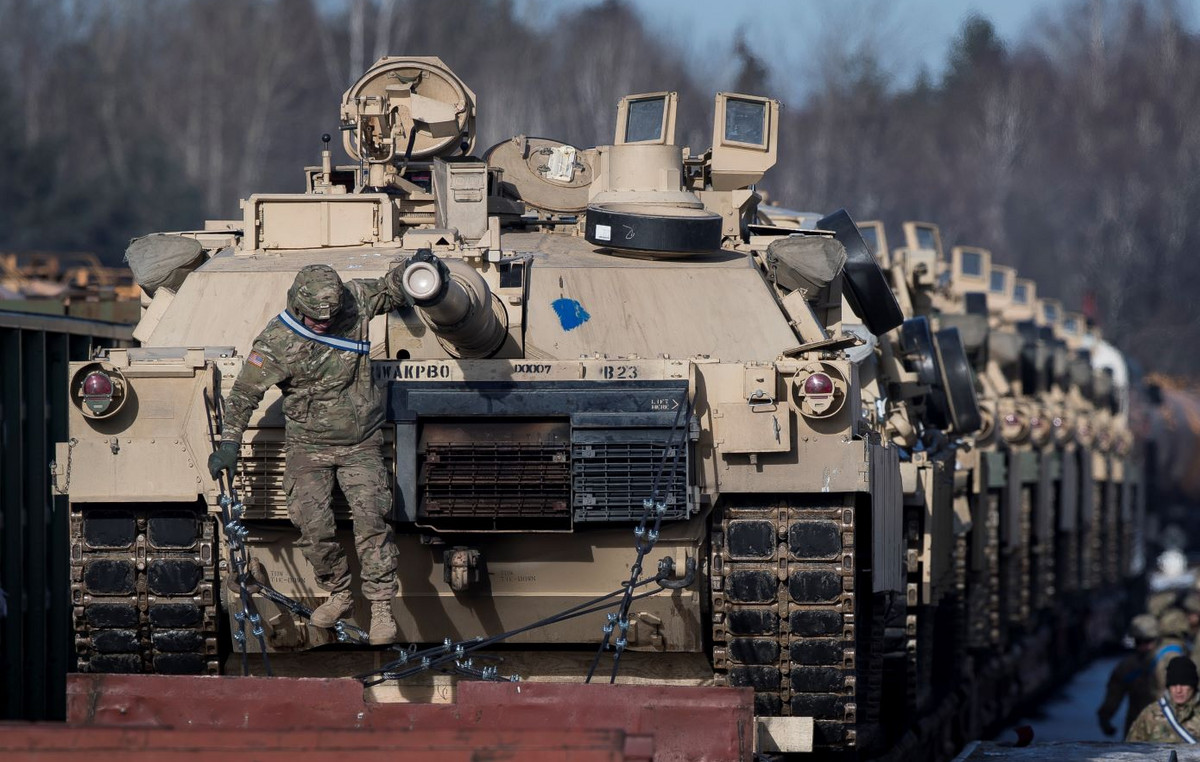The fresh wave of US sanctions on Turkey comes at a bad time. The Turkish republic is already on a less-than-friendly front with France and its economy, like others around the world, is stretched owing to the world wide pandemic.
The sanctions, announced earlier this week by Mr. Donald Trump are expected to put further strain the Washington-Ankara relations which are already on a rocky pathway.
Root Cause of the US Sanctions on Turkey
In 2017, Ankara signed a missile deal with Russia. Under the agreement, worth $2.5 billion, Moscow was to provide the Islamic Republic with the S-400 air defence system. The United States was quick to respond to the news, threating its NATO ally with sanctions and removal from the fighter jet program.
According to America, the S-400 missile defence system acquisition from Moscow is a threat to the security of the wider NATO alliance, as any weapon system from Russia cannot be incorporated into the shared defence system of the trans-Atlantic alliance.
Despite the US pressure on Turkey to reverse its decision, the country under Erdogan reportedly received the first installment of the system in July 2019.
Removal from F-35 Fighter Jet Program
Erdogan’s refusal to give up the missile deal resulted in its removal from the F-35 fighter jet programme by the United States in 2019.
The F-35 is the most stealthy air combat plane in the arsenal of the US military. Turkey was removed from the plane parts supplier list, along with losing the right to buy the air crafts.
The White House stated that the F-35 programme could not co-exist with the S-400 system due to the possibility of Russia probing into the capabilities and vulnerabilities of the air crafts.
Ankara lost work opportunities associated with the programme which were worth billions, according to US officials.
Economic Sanctions
The matter of placing economic sanctions on Turkey had been talked of since word about the deal first got out and had been under serious consideration since July last year, when Russia started delivering the agreed upon systems.
Despite threats from the United States, the Turks had not comprehended that sanctions would actually be imposed. Tayyip Erdogan had been confident that Washington would make no such move, given that the two states are ‘strategic allies’.
Recently, Turkey had reportedly decided to move ahead with testing the system. The American Congress raised hue and cries at this step and pushed for the imposition of economic sanctions on the transcontinental country.
Earlier this week, President Donald Trump had to go ahead with the sanctions, despite being reluctant due to his friendship with the Turkish President.
Sanction Details
The sanction are aimed at SSB, the top defence procurement body in Turkey. Visa restrictions were placed on President SSB, Dr. Ismail Demir along with frozen financial assets. Sanctions on three other SSB employees were also placed.
These sanctions were placed under section 231 of CAATSA- Countering America’s Adversaries through Sanctions Act.
This step will block joint technology programs between US and Turkish firms related to SSB.
Turkish Reaction to the Sanctions
Turkey labelled the US decision a ‘grave mistake’ and plans to retaliate in whatever way the country deems appropriate.
According to the Turkish foreign ministry, this move is bound to cause problems in the Ankara, Washington relationship. The country called on US to remove the unjust sanctions and stated that it is ready to solve the issue in a diplomatic manner, given the fact that both the countries are a part of the historic NATO alliance.
Just before the US announcement of the sanctions, President Erdogan , while taking to the press about possible sanctions had stated that Turkey expected support against terrorist organizations from the United States, not sanctions aimed at crippling the economy.
I’m Susan Karen, a professional writer and editor at World Stock Market. I specialize in Entertainment news, writing stories that keep readers informed on all the latest developments in the industry. With over five years of experience in creating engaging content and copywriting for various media outlets, I have grown to become an invaluable asset to any team.







